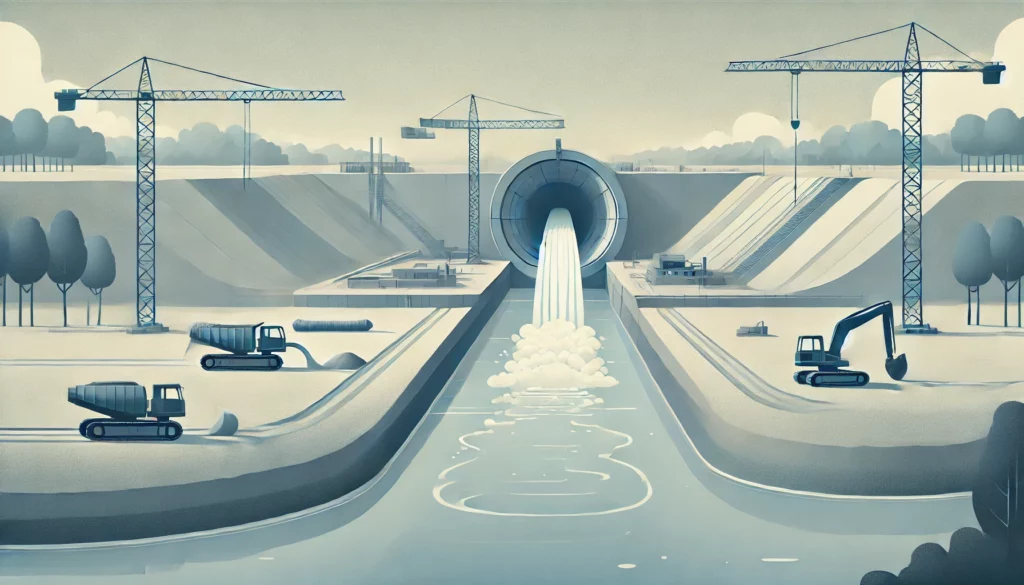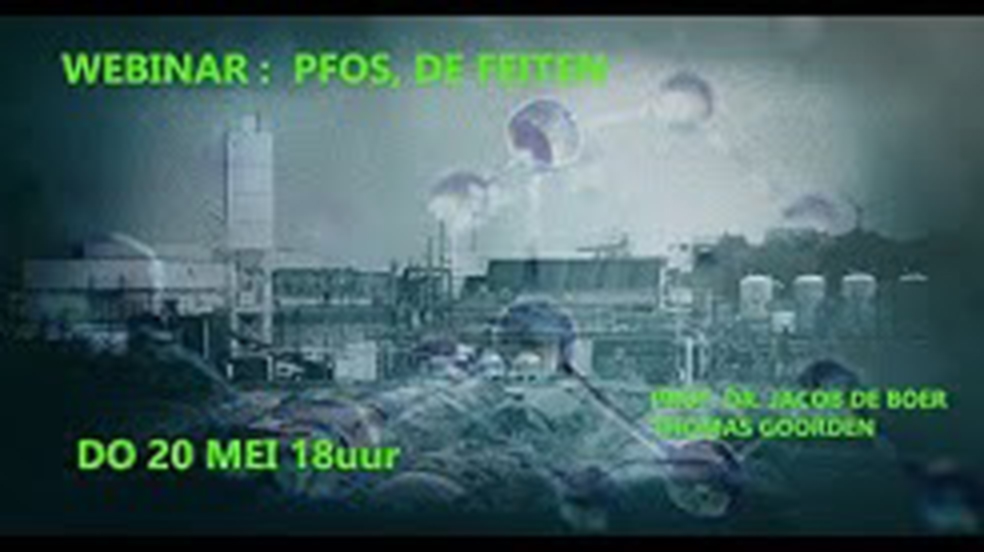25.02.2024 | Fundamental right
Lantis discharges PFAS-contaminated groundwater into the Scheldt during construction of the Oosterweel tunnel
According to environmental and action groups, developer Lantis is discharging PFAS-contaminated groundwater into the Scheldt during the construction of the Oosterweel tunnel.
According to environmental and action groups, developer Lantis is discharging PFAS-contaminated groundwater into the Scheldt during the construction of the Oosterweel tunnel. When Minister of the Environment Zuhal Demir granted the permit, she assumed that Lantis would be able to purify the PFAS-contaminated groundwater. However, this has proven to be incorrect, as a study by the Flemish Institute for Technological Research (VITO) has shown that Lantis cannot purify all PFAS. The recently published water ruling of 8 February 2024 states that Minister Demir should have paid more attention to the impact of these PFAS discharges on the Scheldt when granting the permit.
Environmental associations such as Actiegroep Leefmilieu Rupelstreek (ALR), Climaxi, Red Onze Kleiputten and Burgerplatform OnzeMobiliteit expect a ruling from the court on the merits after the Easter holidays. A year earlier, in January 2023, these organizations tried to halt the construction of the tunnel until VITO had completed its study. However, Minister Demir decided to issue the building permit without waiting for the results of the study.
The VITO study, published in September 2023, shows that Lantis is not able to measure all PFAS components, let alone purify them. This is a problem, as Lantis is building the Oosterweel tunnel near the 3M factory, where not only long-chain PFAS are produced, but also short and ultra-short chains. According to VITO, it is precisely these short and ultra-short chains that cannot be purified. These findings confirm the concerns of the action groups, who state that Lantis has been discharging short-chain PFAS into the Scheldt for more than a year. PFAS spread worldwide and, once present in the environment, are very difficult and expensive to remove from surface water, groundwater and drinking water.
The water ruling of 8 February 2024, which resulted from an appeal against a permit for the category 2 dumping site of Silvamo in Kortemark, is relevant to the current situation. The ruling states that the authorities that granted the permit did not pay attention to the possible impact of PFOS discharges on surface water. This is problematic, because the European Water Framework Directive requires that the quality of watercourses must improve by 2027. Any additional discharge must therefore be justified and tested against this directive. According to the action groups, the ruling confirms that the discharge of PFAS into the Scheldt is unacceptable without thorough evaluation and safeguards.
In addition, the action groups refer to a memo from 3M to OVAM from 2022, drawn up by a recognized soil expert. This memo shows that there was already a need in 2008-2009 to clean up the PFAS-contaminated groundwater from 3M and the surrounding areas. However, due to the arrival of the Oosterweel works, it was decided that a thorough study of the water management around 3M at that time was pointless, because the works would completely disrupt the water management. Without the Oosterweel works, the PFAS pollution could have been tackled years earlier.



